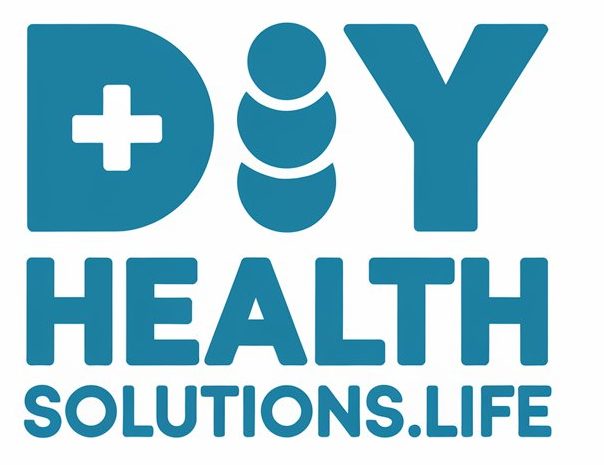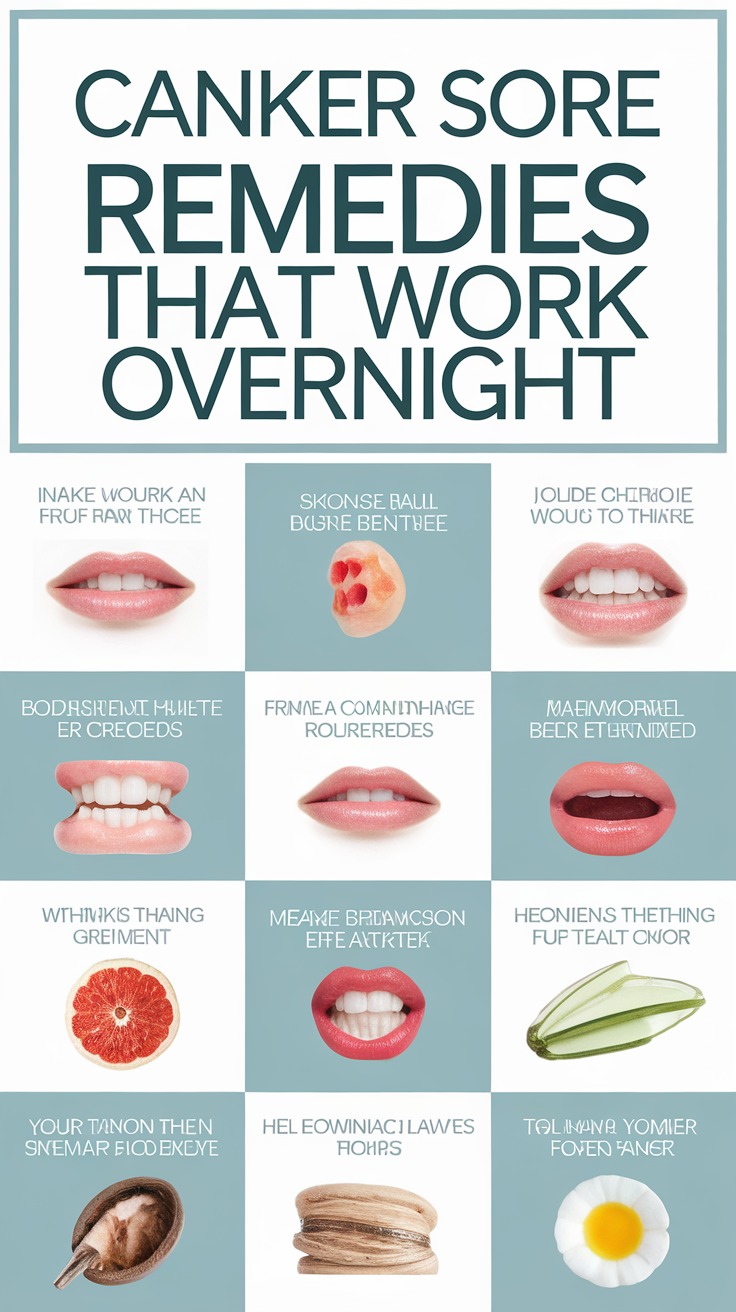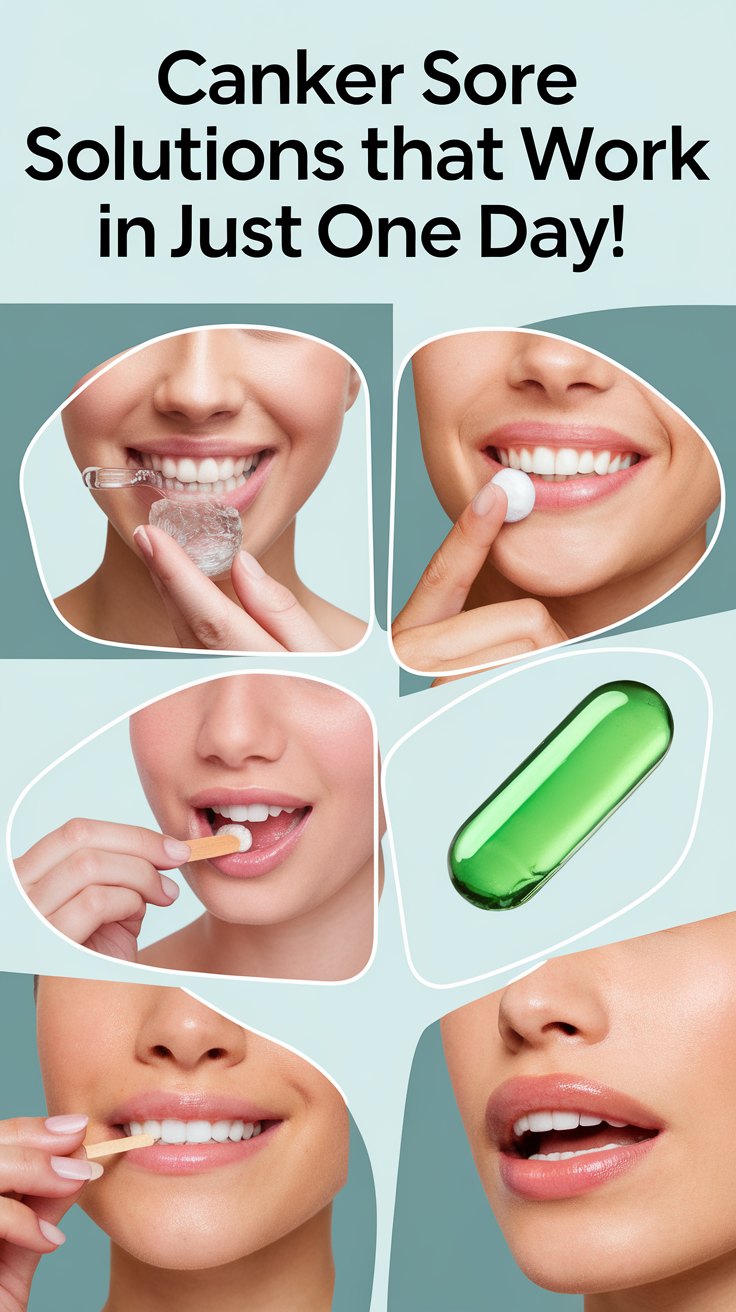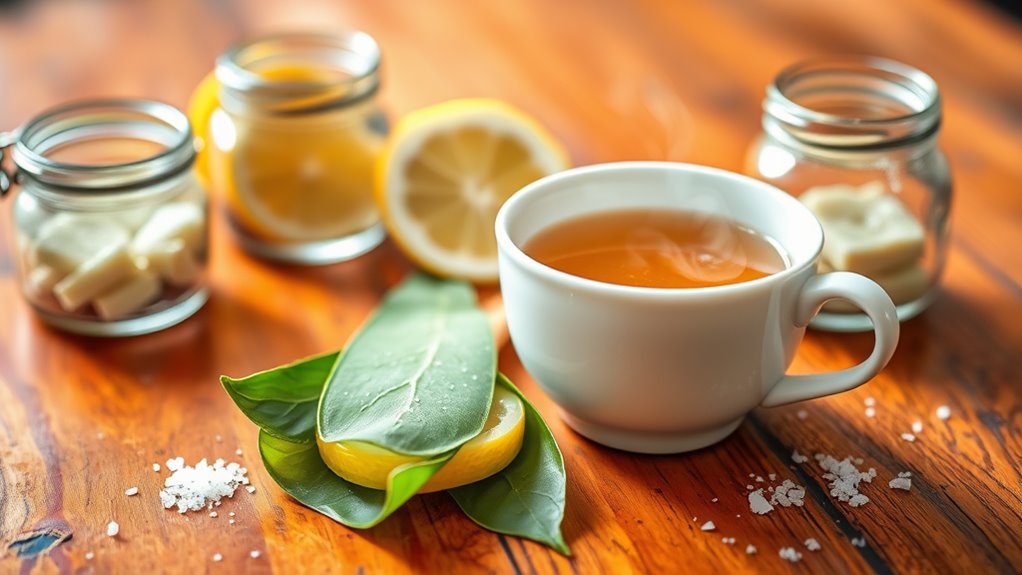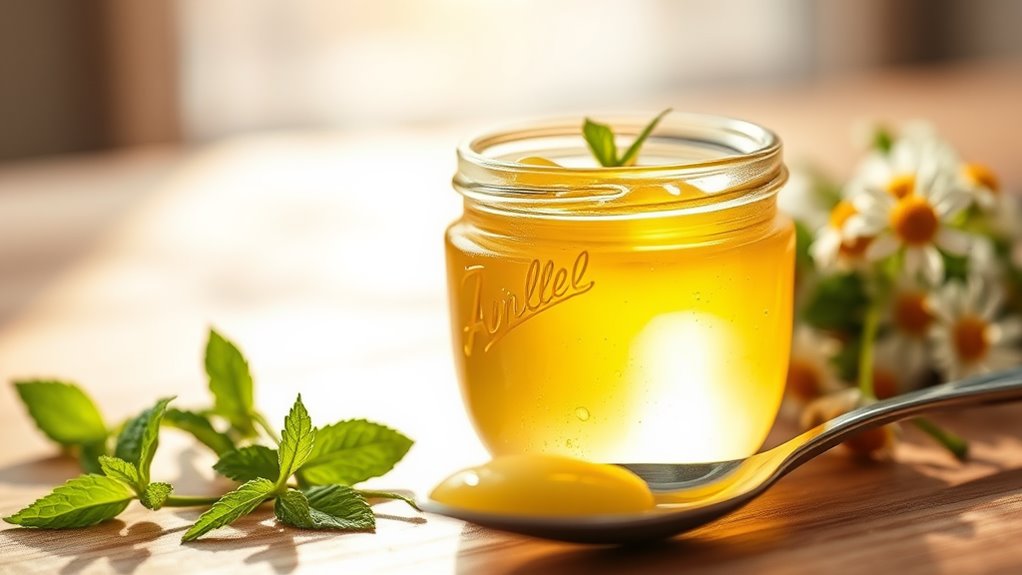Canker Sore Remedies That Work Overnight
You can effectively tackle painful canker sores overnight with the right remedies. Applying a medicated gel containing benzocaine can numb the pain and create a protective barrier. Natural options like honey or aloe vera gel also soothe irritation and promote healing. Additionally, rinsing with warm saltwater can reduce inflammation and help you feel relief fast. Make sure to maintain good oral hygiene with a soft-bristled toothbrush and avoid irritating foods. If you don’t see improvement in a couple of days, consulting a healthcare provider for stronger treatments might be wise, and there’s more effective information waiting for you.
Common Causes of Canker Sores
While the exact cause of canker sores remains unclear, several common triggers can lead to their development. You might find that stress is a significant factor; when you’re feeling overwhelmed, your body can react in unexpected ways, including the appearance of these painful sores. Nutritional deficiencies, particularly a lack of vitamin B12, folate, or iron, can also contribute to their occurrence. If your diet’s lacking in these essential nutrients, it might be time to reassess what you’re eating.
Another frequent trigger is injury to the mouth, whether from accidentally biting your cheek or using a toothbrush too aggressively. Poor oral hygiene can exacerbate the situation, so it’s important to keep your mouth clean and healthy. Allergic reactions to certain foods, like citrus or chocolate, can sometimes spark outbreaks as well. Hormonal changes, particularly during menstruation, might also play a role in why you’re experiencing canker sores. Finally, underlying health conditions such as autoimmune disorders can increase your susceptibility. By identifying and addressing these common triggers, you may be able to reduce the frequency and severity of canker sores in your life.
Medicated Gels and Treatments
Medicated gels and treatments can provide effective relief from the pain and discomfort associated with canker sores. These products often contain ingredients like benzocaine or hydrogen peroxide, which numb the area and promote healing. When you apply a medicated gel directly to the sore, it creates a protective barrier that helps reduce irritation from food and drinks.
To use these gels effectively, make sure to clean the affected area first. After applying the gel, avoid eating or drinking for at least 30 minutes to allow it to work its magic. You’ll find that some gels are designed for quick relief, while others focus on long-term healing.
In addition to gels, over-the-counter mouth rinses can help reduce inflammation and discomfort. Look for treatments that contain antimicrobial properties to help prevent infection and expedite healing. Remember, consistency is key; using these treatments regularly can speed up your recovery.
If you don’t see improvement in a few days or if your canker sores become more painful, consult your healthcare provider for further options. They might recommend prescription treatments if over-the-counter options aren’t working for you.
Effective Natural Remedies
When it comes to soothing canker sores, effective natural remedies can often provide relief without the use of harsh chemicals. One of the simplest options is saltwater rinses. Just mix a teaspoon of salt in a glass of warm water, swish it around your mouth, and spit it out. This can help reduce inflammation and promote healing.
Another great remedy is honey. Its natural antibacterial properties can work wonders. Applying a small amount directly to the sore can help soothe pain and speed up healing. Similarly, aloe vera gel is known for its soothing and healing properties. You can apply it directly to the canker sore for relief.
If you enjoy herbal teas, consider chamomile. Drinking chamomile tea or using chamomile tea bags as a compress can provide a calming effect on the affected area. Lastly, vitamin E oil can be beneficial; just puncture a capsule and apply the oil directly to the sore.
These remedies are simple and effective, and you might find that they help you get through the discomfort of canker sores more easily. Give them a try and see what works best for you!
Oral Hygiene Tips
To maintain healthy oral hygiene and potentially prevent canker sores, it’s essential to adopt a consistent dental care routine. Start by brushing your teeth at least twice a day with a fluoride toothpaste. Make sure to use a soft-bristled toothbrush to avoid irritating your gums and mouth. Don’t forget to replace your toothbrush every three to four months or sooner if the bristles are frayed.
Floss daily to remove food particles and plaque stuck between your teeth. This simple step helps keep your gums healthy and reduces the risk of inflammation, which can trigger canker sores. Rinse your mouth with an alcohol-free mouthwash to kill bacteria without causing dryness or irritation.
Stay hydrated by drinking plenty of water throughout the day. Saliva is crucial for maintaining oral health, and hydration helps keep your mouth moist. Avoid acidic or spicy foods that can irritate your mouth. If you notice any signs of oral irritation or sores, consult your dentist promptly. By following these oral hygiene tips, you’ll create a healthy environment in your mouth, which may help reduce the occurrence of canker sores.
Preventive Measures for Canker Sores
Implementing effective preventive measures can significantly reduce your chances of developing canker sores. By taking a proactive approach, you can minimize the factors that trigger these painful sores and maintain better oral health.
Here are some key strategies you can incorporate into your daily routine:
- Maintain good oral hygiene: Brush and floss daily to keep your mouth free from bacteria and food particles that can irritate your gums.
- Reduce stress: Practice relaxation techniques like meditation or yoga, as stress is a common trigger for canker sores.
- Avoid certain foods: Steer clear of acidic, spicy, or abrasive foods that can irritate your mouth and lead to sores.
- Stay hydrated: Drinking plenty of water helps maintain moisture in your mouth, preventing irritation and promoting healing.
Frequently Asked Questions
Can Stress Contribute to the Development of Canker Sores?
Yes, stress can contribute to the development of canker sores. When you’re stressed, your immune system may weaken, making you more susceptible to these painful sores. Managing stress can help reduce your chances of outbreaks.
Are Canker Sores Contagious or Spreadable to Others?
Canker sores aren’t contagious, so you won’t spread them to others. They develop due to various factors, like stress or nutrition, but you can’t catch them from someone who has them. Stay informed!
How Long Do Canker Sores Typically Last?
Canker sores typically last about one to two weeks. You might notice the pain and discomfort peaking within the first few days, but they usually heal on their own without requiring treatment.
Is It Safe to Eat Spicy Foods With Canker Sores?
It’s generally best to avoid spicy foods when you’ve got canker sores. They can irritate your mouth further, making discomfort worse. Stick to milder options until your sores heal for a more comfortable eating experience.
When Should I See a Doctor for Canker Sores?
You should see a doctor for canker sores if they last longer than two weeks, worsen, or if you experience severe pain, difficulty eating or drinking, or frequent outbreaks. Getting professional advice can help.
